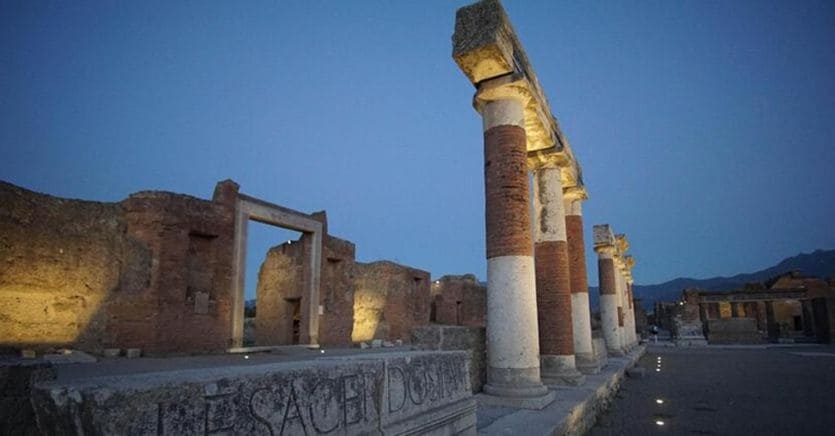Commonplaces die hard. Therefore it is a surprise to see Italy in the 2007-2013 programming period lost less European funding than Germany. This is demonstrated by the data of a report on the use of funds in the various Member States and the automatic decommitments of funds, just published by the European Commission. At the end of the programming period and the “extra time” granted by Brussels to the Member States – to spend the resources allocated even after 2013, our country, according to the data updated at the end of 2020, was unable to use 270 million of euro on the 30 billion that had been allocated to it. Germany, on the other hand, has lost 336. The difference becomes even more significant if we consider that Italy receives a dowry of structural funds greater than that destined for Germany.
The record was set by Romania, which left almost two billion euros to the EU coffers. The amount unused by Italy is defined as “physiological” by the Brussels experts, even if this does not justify the waste of resources that the country had and continues to have extreme need. Among the projects financed in the period 2007-2013 in Italy with the European structural funds is the Great Pompeii project (in the photo) to relaunch the recovery of the vast archaeological area, after it had been hit by numerous collapses due to neglect.
Loading…
Slow justice and high propensity to appeal
The exasperating slowness that characterizes the process of spending European funds in Italy also emerges in all its drama from the document of the Commission. A phenomenon on which the timing of the judicial system and the many appeals that characterize the procurement system have a significant impact, certified by what are defined in community jargon as “overdue reimbursements”, or not yet paid for various reasons, as they can be for judicial disputes, for example. For the period 2007-2013, at 31 December 2020, 1.2 billion were still outstanding for Italy, a very important record amount when compared to the backlog (about 300 million) of the second classified, that is Romania. And that, on balance, could profoundly change the “general classification”. It is no coincidence that one of the reforms considered most important to unlock investments and financed by the Recovery plan is precisely that of the judicial system.
